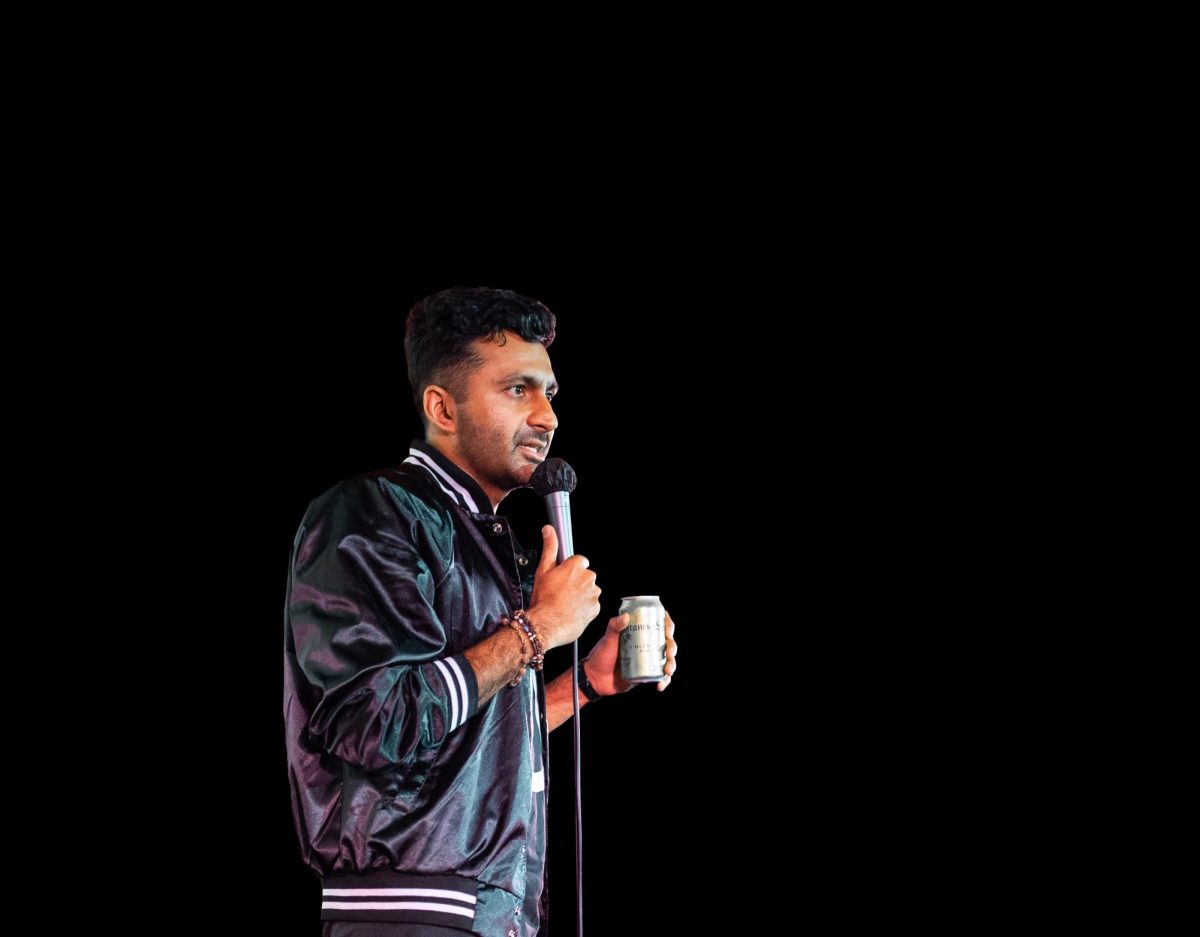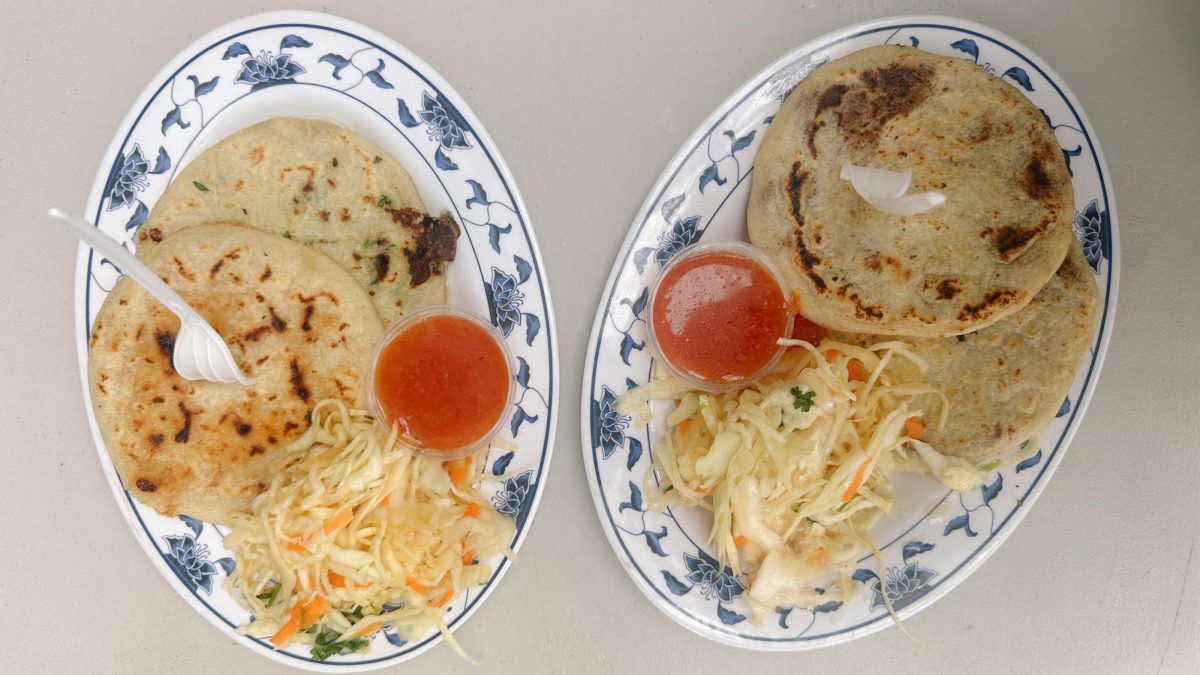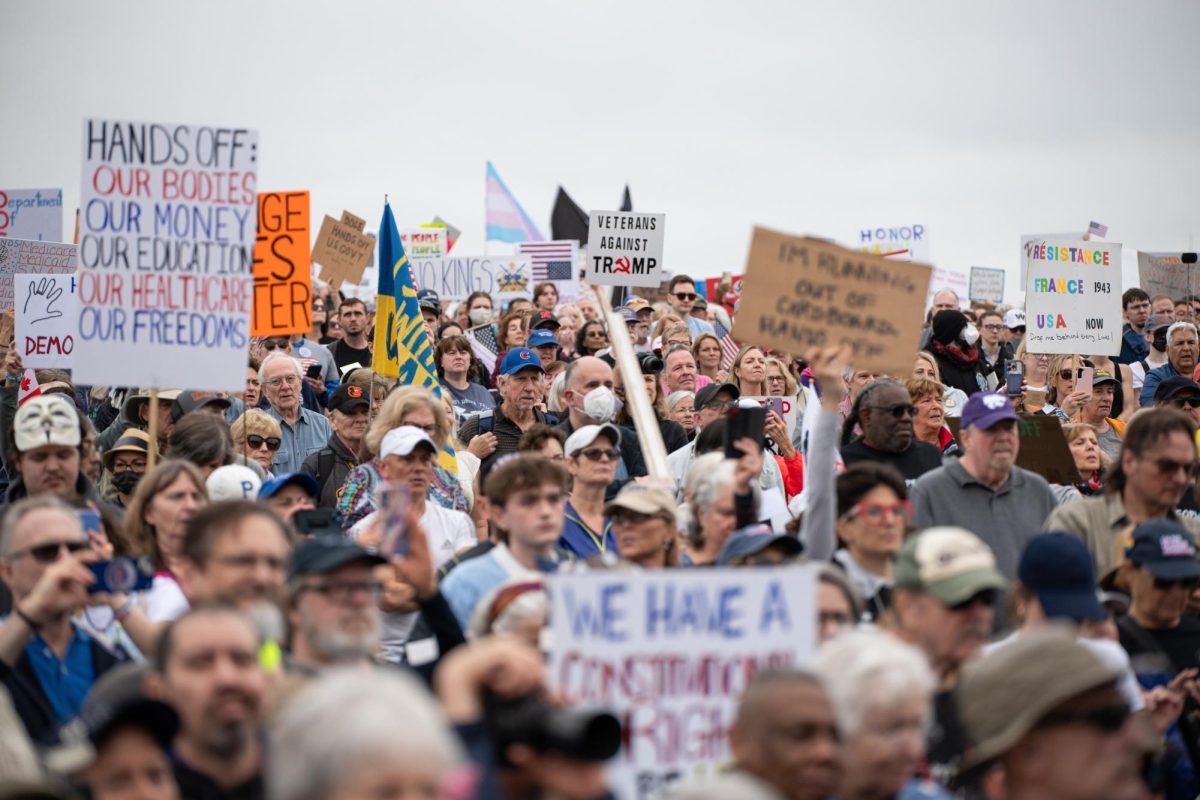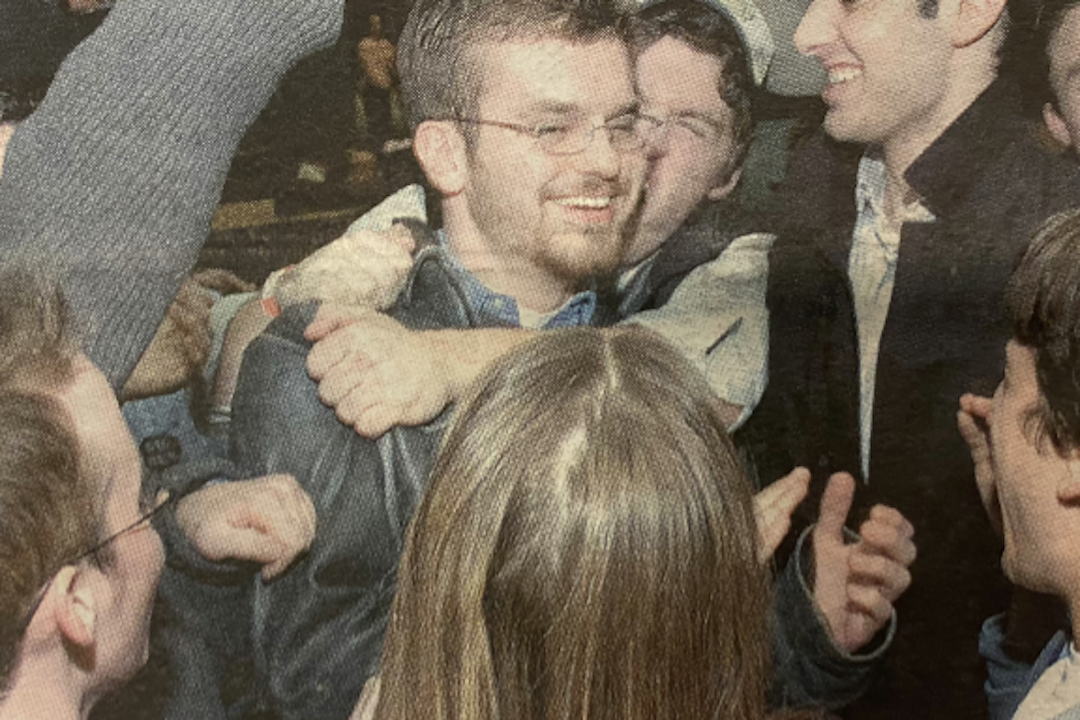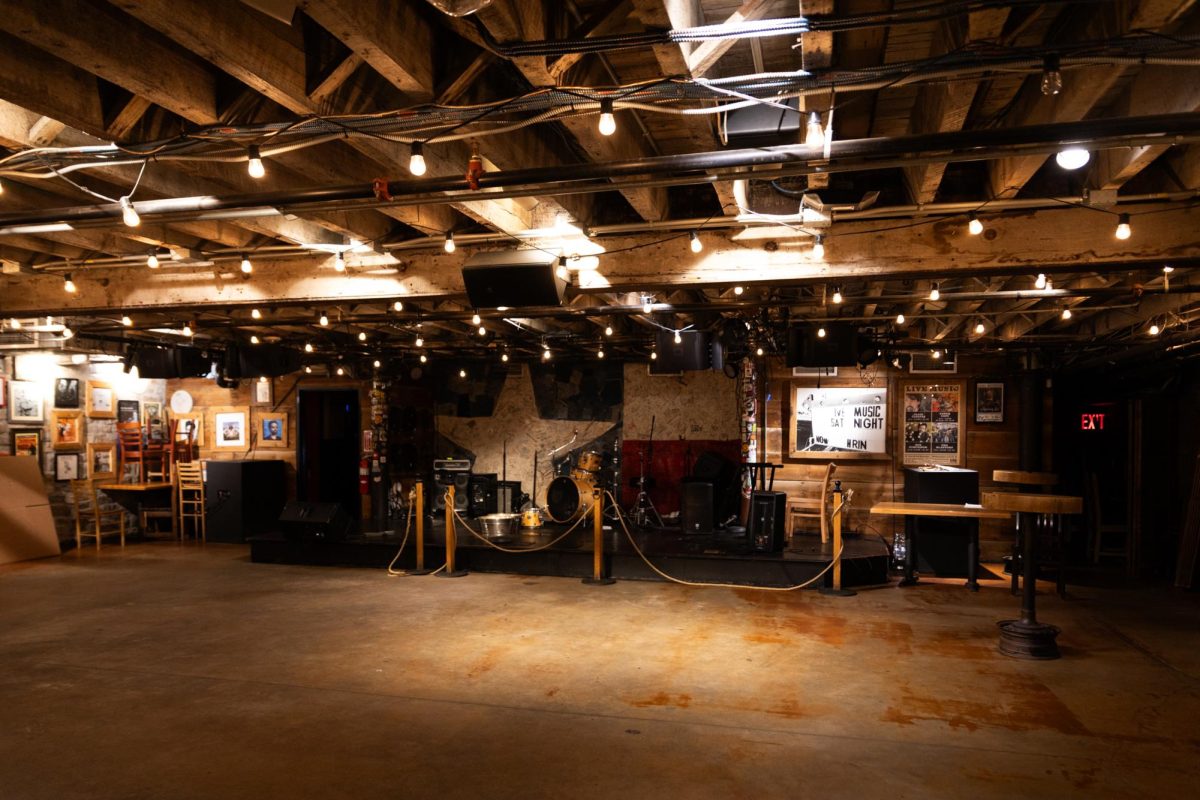In comedy, timing is everything.
Stand-up comedian Nimesh Patel, who will be appearing at Warner Theatre in downtown D.C. Nov. 10 for his “Fast and Loose” tour, is intimately familiar with the importance of timing. A New York University alum with a degree in finance who graduated during the 2008 financial crisis, Patel attributes his pivot to stand-up comedy to his poorly timed entrance into the job market.
“I started comedy in ‘09 when I was unemployed and underemployed and haven’t looked back since,” Patel said. “I’m grateful for the NYU education because I got to learn how to lie on my resume a bit and apply to some jobs that helped me make rent.”
Though his original stomping grounds are New York, Patel has a history in the District. Previously, he opened for Saturday Night Live’s Michael Che on tour in D.C. in 2012 and has returned biannually to perform everywhere from secret underground shows during the pandemic to a performance at the Kennedy Center. Patel said his style of comedy, a blend of personal anecdotes and political musings, meshes well with D.C. audiences because they tend to be more aware of current events.
“I say that D.C. is my favorite place to perform because if ignorance is bliss, D.C. is the saddest place in the world, like you guys know everything,” Patel said.
Patel said performing at D.C. shows can be a balancing act, acknowledging that a portion of audiences likely work for the government and will be resistant to crowd work but will simultaneously appreciate his mocking of their employers. Even heckling in D.C. is different from other cities, he said, because Washingtonians are so informed they will interrupt him mid-routine to fact check him.
“It’s very rare that you have a heckler and they know more than you,” Patel said. “But, you know, let that alcohol hit someone who’s working 80 hours a week at some think tank, and words will fly.”
After the New Yorker magazine’s critical article of comedian Hasan Minhaj — which disputed claims he made in several of his stand-up specials — the ethics of exaggerating experiences for comedic effect are under the public microscope. In an October rebuttal video, Minhaj said the article distorted his retellings but acknowledged he embellished a story about taking his daughter to the emergency room after a letter containing white powder had been spilled on her, initially implying at the moment he thought it was anthrax.
“You know, Hasan got in trouble for lying about having anthrax sent to him and the truth is I sent the anthrax,” Patel said jokingly.
Minhaj and Patel previously collaborated while writing for the 2017 White House Correspondents Dinner, but Patel declined to comment further on the accusations against Minhaj. Regardless, people online are still debating what comedians owe their audiences: The whole truth and nothing but or just laughs? Patel said comedians are beholden to their fans to be funny but nothing more.
“My approach to stand-up is I’m doing comedy for me. I’m trying to make myself laugh and, in turn, make you guys laugh about the things that are probably going on in your head,” Patel said.
No stranger to controversy, Patel found himself at the center of a debate surrounding cancel culture in 2018 when performing at an event hosted by the Asian American Alliance at Columbia University. After performing jokes that were called racist and homophobic by the student organizers, the students cut Patel’s mic and asked him to leave the event early.
Patel said the experience largely has not impacted his material, but he now uses his physical stance to project ownership of the room to maintain control of the crowd, believing his “demure” stance led him to lose control of the event.
“If anything, it just made me feel like, ‘Okay, I’m on the right path if I’m bothering some people in some way, shape or form,’” Patel said. “Shout out to Columbia University for rejecting me twice, both when I applied and then obviously in that 2018 incident.”
In 2022, Patel released his first official stand-up special, “Thank You China,” the title of which Patel said was an ode to TikTok for accelerating his career. Having amassed more than 1 million followers since joining the app in the early days of the pandemic, Patel said TikTok allowed him to reach a wider audience by posting older sets and clips of crowd work.
He typically delivers these jokes in a deep baritone deadpan, often following his own punchlines with a higher-pitched chuckle. In one TikTok video, which received over 460,000 views, Patel describes a fundraiser he previously performed at for Planned Parenthood in which he joked he would personally pay for anyone in the room to get an abortion, provided he could be the one to impregnate them. He said while the people at the fundraiser did not find the joke amusing, his audience in the video cackles at Patel’s joke.
Patel said exposing his work to such a large audience has brought in an influx of negative comments, but they do not outweigh the praise he receives on the app. Patel said he appreciates the diversity of his digital audience, viewing the comments section of his TikTok videos as “a real anthropology study” on how people from a variety of backgrounds interpret his thoughts.
“All that to say, TikTok is on to something, China’s spying on all of us and I don’t want the government to do anything about it,” Patel said.
Though his TikTok videos are meant for a wider audience, Patel said he is looking forward to using his D.C.-specific content this week, from odd interactions with Washingtonians to referring to the Saudi Embassy as “the unofficial White House.”
“In D.C, it just feels like I’m making people who are going to go back and change the world laugh,” Patel said.


